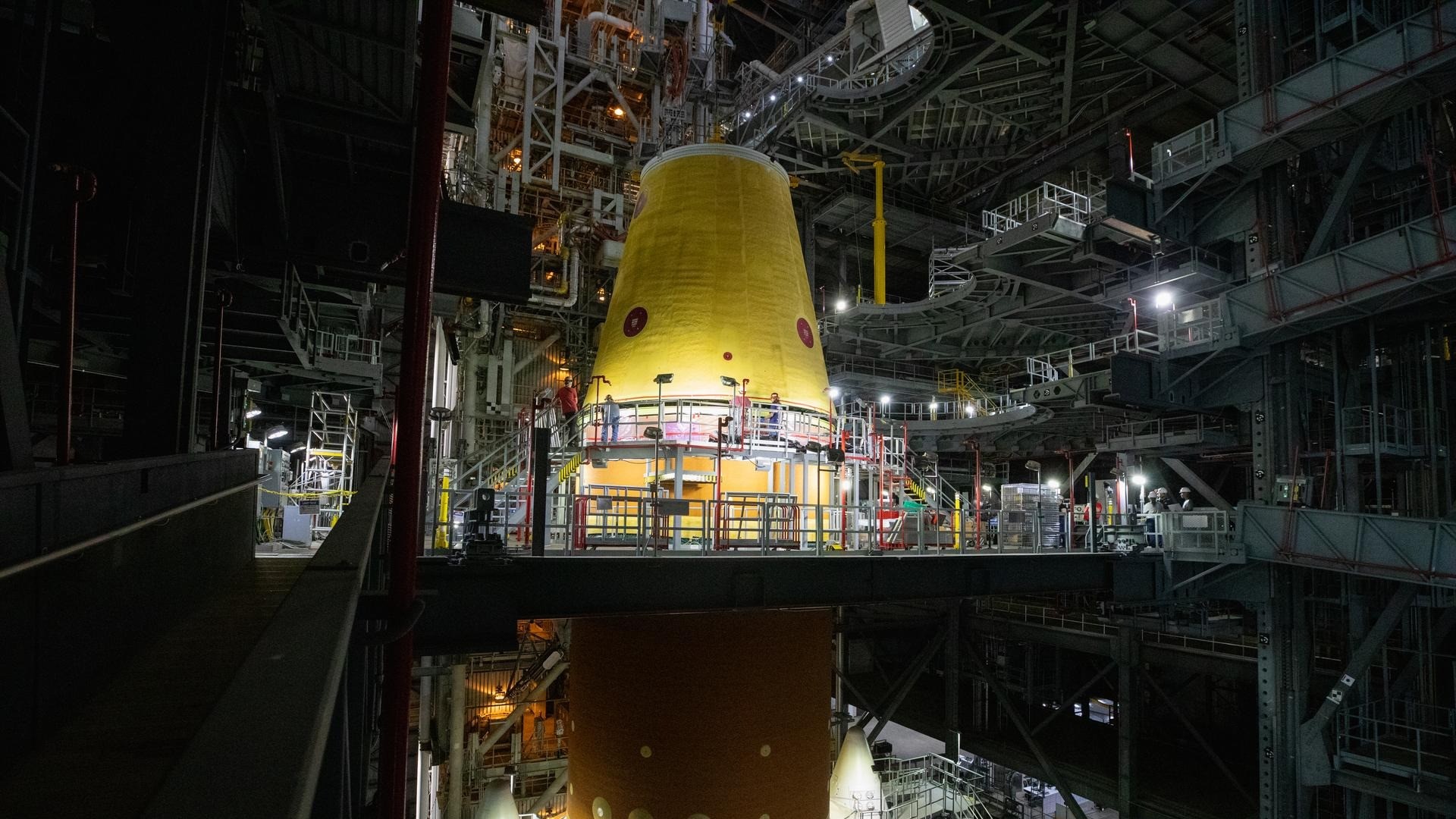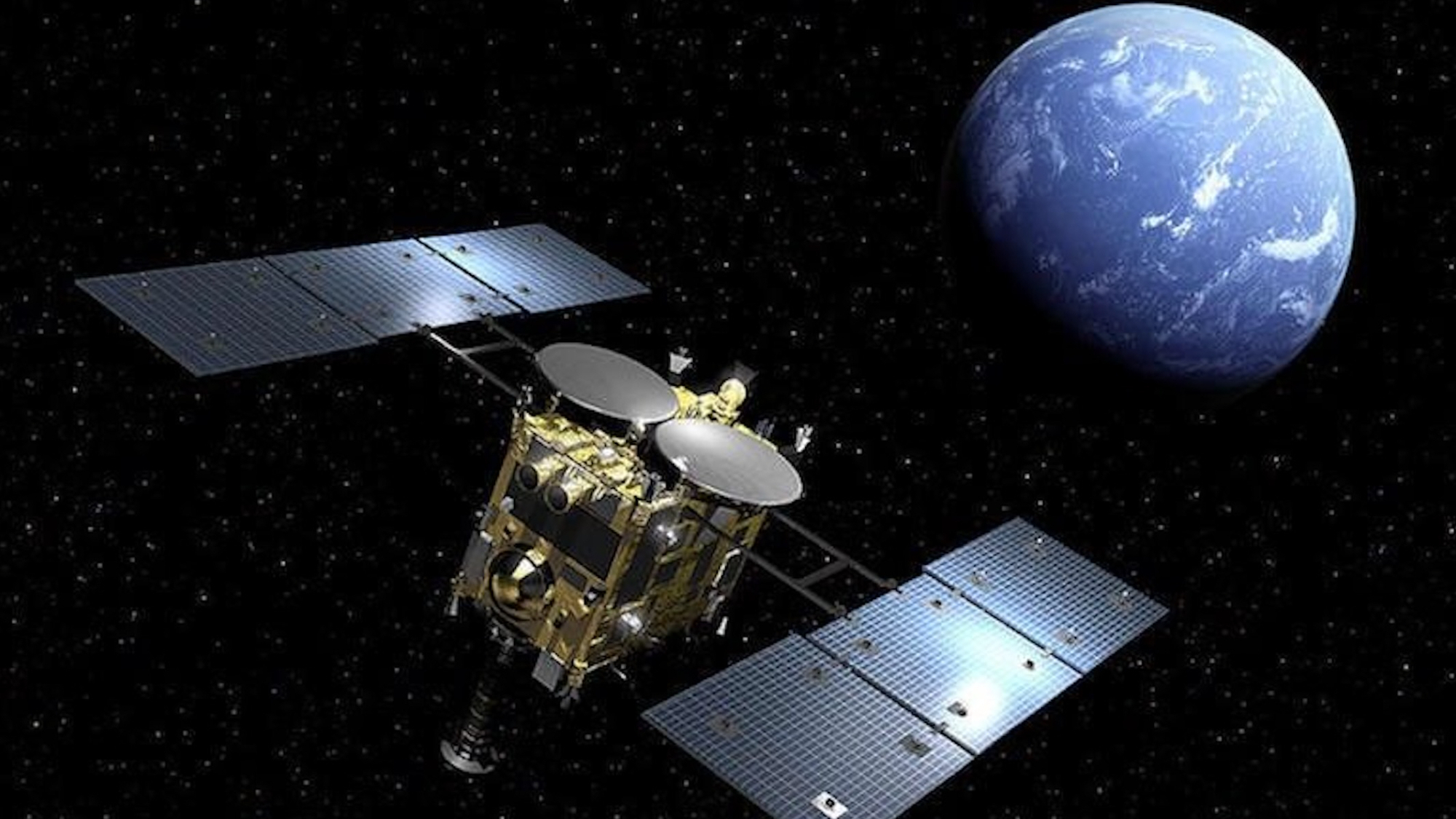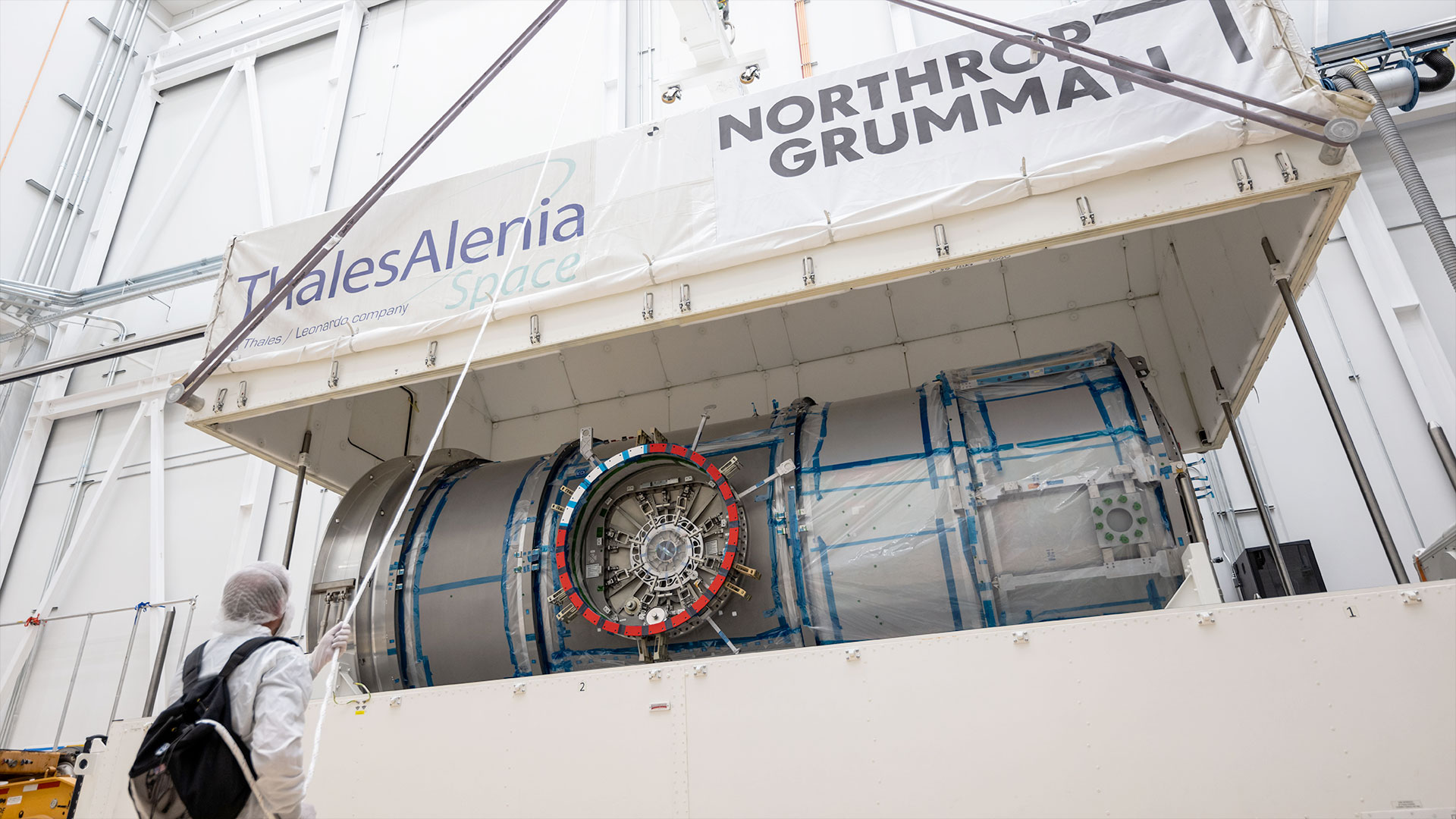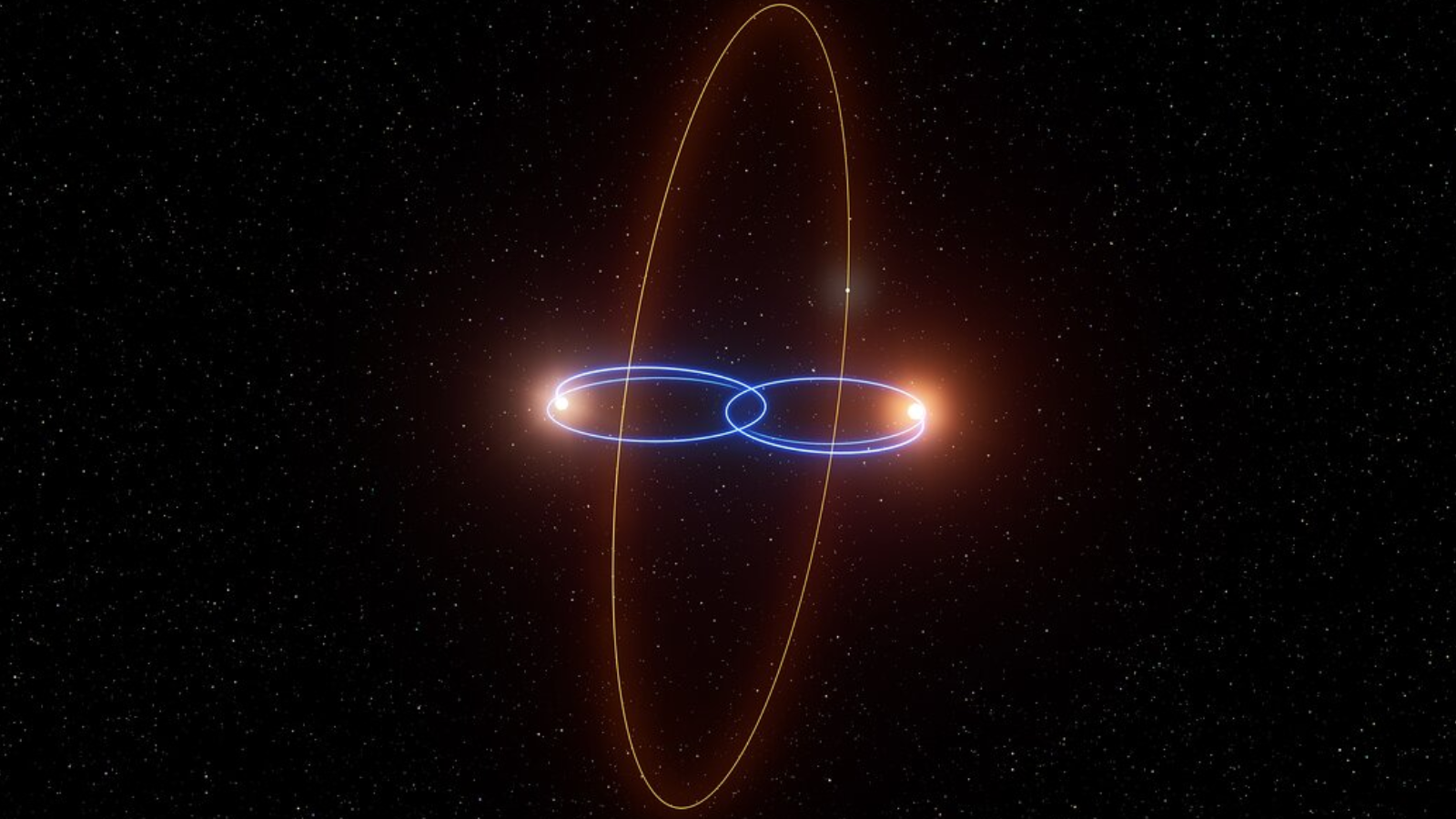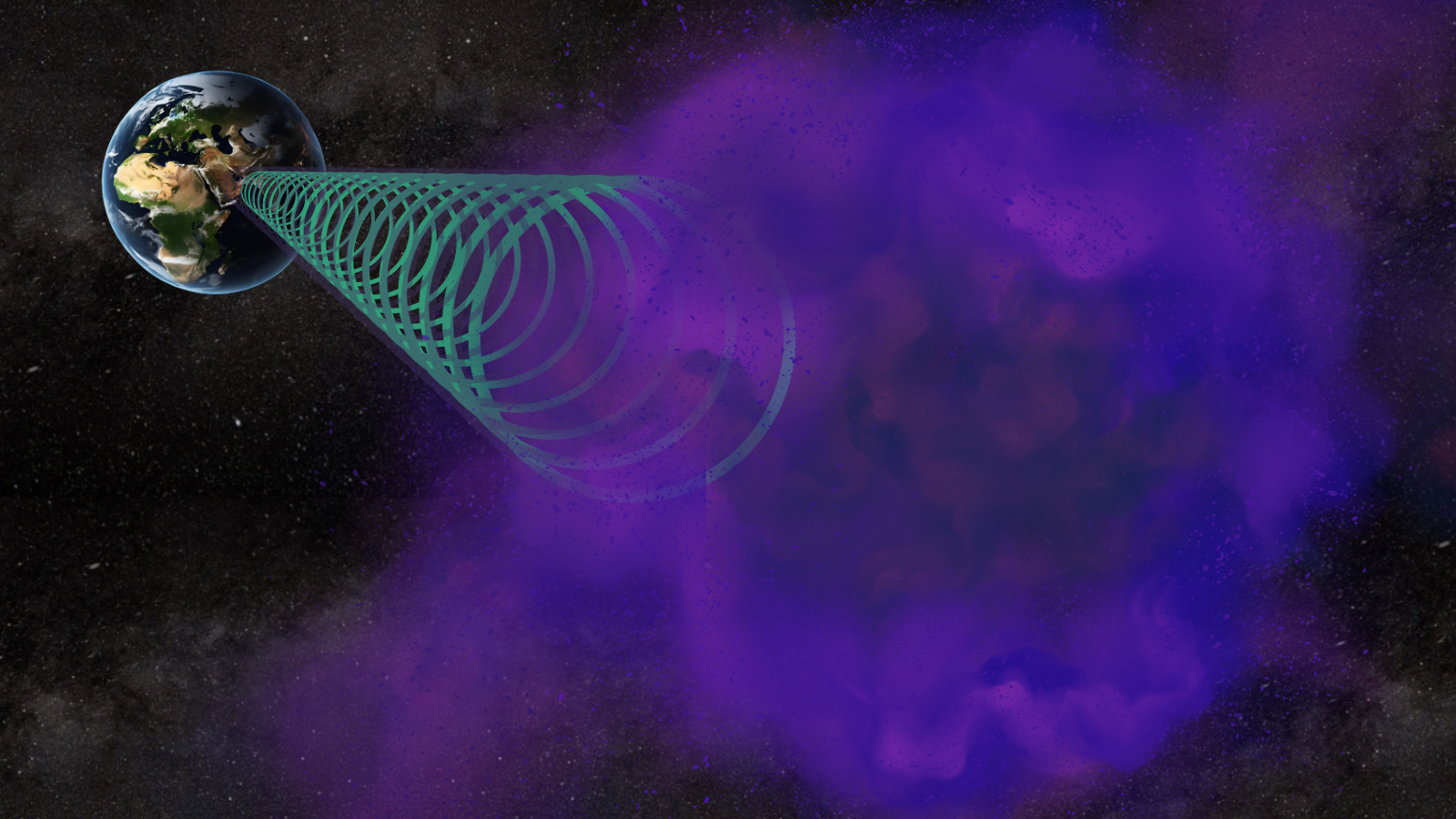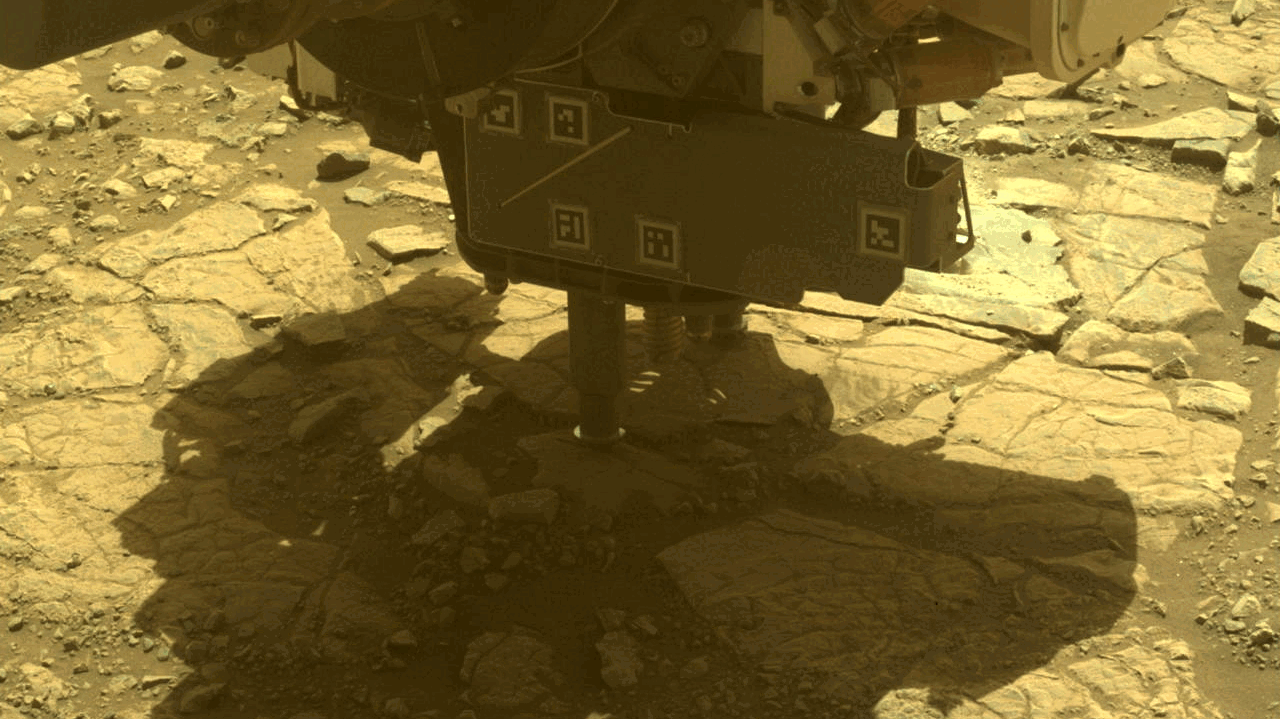Spacewalking cosmonauts will decommission an old space station module early Wednesday. Watch it live!
The 6.5-hour spacewalk begins at 1:20 a.m. EDT (0520 GMT).
Two Russian cosmonauts will prepare a long-time docking module for eventual dismemberment from the International Space Station during a spacewalk on Wednesday (June 2) — and you can watch it live.
Coverage will begin at 1 a.m. EDT (0500 GMT), and you can watch it live here on Space.com or on NASA Television and here at Space.com. Expedition 65 Flight Engineers Oleg Novitskiy and Pyotr Dubrov are expected to start their spacewalk at 1:20 a.m. EDT (0520 GMT). The extravehicular activity, or EVA, should last six and a half hours, although the timing is subject to change depending on how the procedures go.
Novitskiy will have red stripes on his Orlan spacesuit to designate him as lead spacewalker, while Dubrov will wear blue stripes. The cosmonauts — both on their first spacewalk — will exit the International Space Station (ISS) using the Russian Poisk module.
Video: Russians spacewalk to decommission Pirs in animated explainer
Related: The most memorable spacewalks in history
"The two cosmonauts will disconnect all external mechanical links between Pirs and the station, reposition spacewalk hardware and antennas, and relocate other gear previously used for spacecraft dockings to Pirs," NASA said in a statement. "The cosmonauts also will replace a fluid flow regulator on the nearby Zarya module and replace biological and material science samples on the exterior of the Russian modules," the agency added.
This spacewalk is the second in what will be a series of excursions to decommission Pirs, which has been in space since 2001; previously, cosmonauts performed work on Pirs in November 2020. NASA says this is the sixth spacewalk of 2021 and the 238th spacewalk overall in support of space station assembly, maintenance and upgrades. (Much of the 2021 spacewalk activity so far has been focused on upgrading the ISS solar arrays for at least a few more years of science in orbit.)
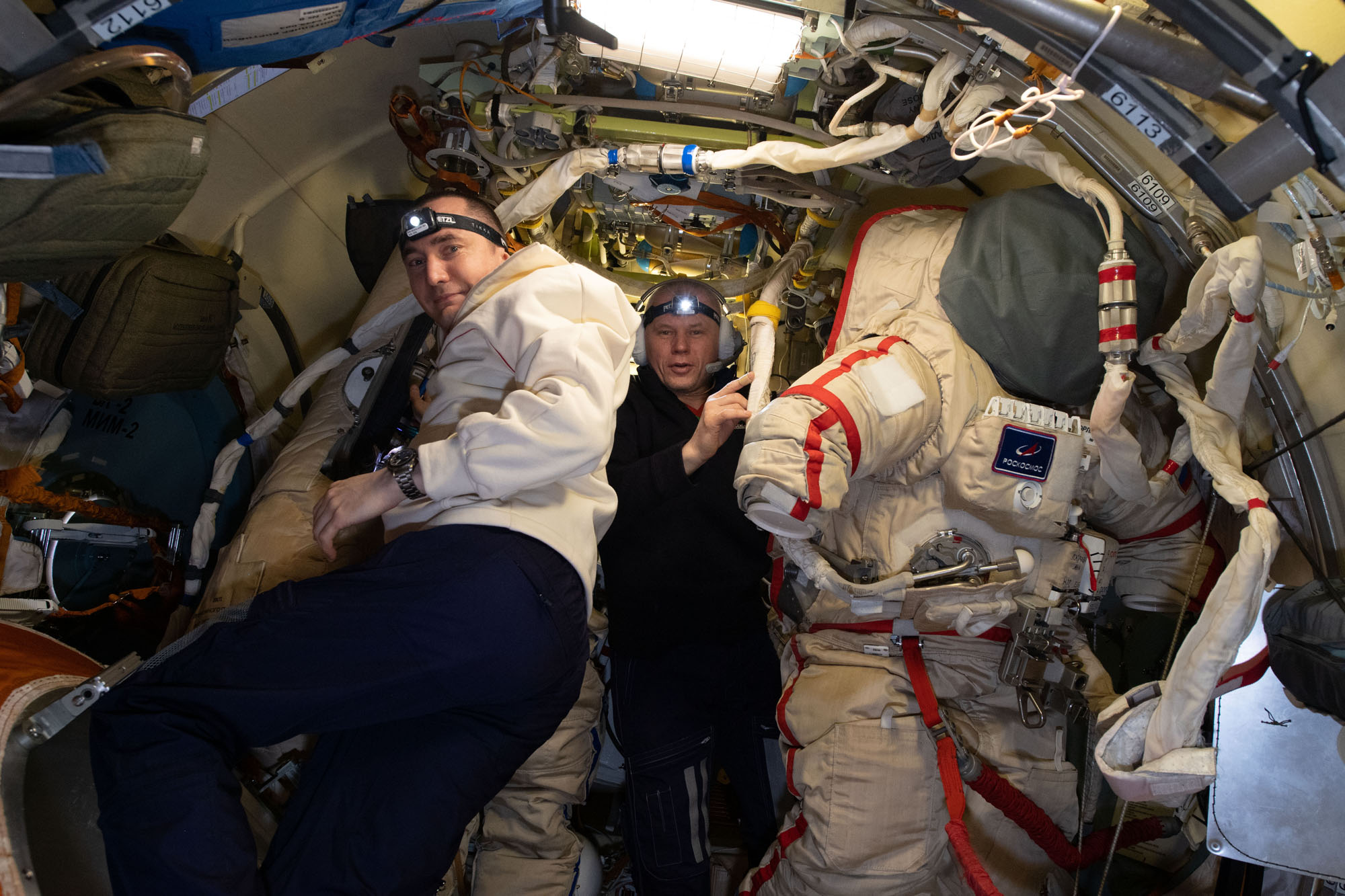
Pirs hosts an airlock for spacewalks along with a docking port for Soyuz crewed spacecraft and Progress uncrewed spacecraft. It can also transport fuel between the Russian Zvezda or Zarya modules or docked vehicles, NASA said in a description of the module. This summer, Pirs will be disposed of using an uncrewed Progress cargo ship that will push Pirs towards Earth, NASA added in a blog post
Get the Space.com Newsletter
Breaking space news, the latest updates on rocket launches, skywatching events and more!
Pirs will be replaced a couple of days later with a new Russian Multi-Purpose Laboratory Module named "Nauka," which is Russian for "science." The long-delayed Nauka was originally supposed to launch in 2007, and after overcoming technical and funding obstacles it will finally launch July 15 from the Baikonur Cosmodrome in Kazakhstan, according to Spaceflight Now's launch calendar.
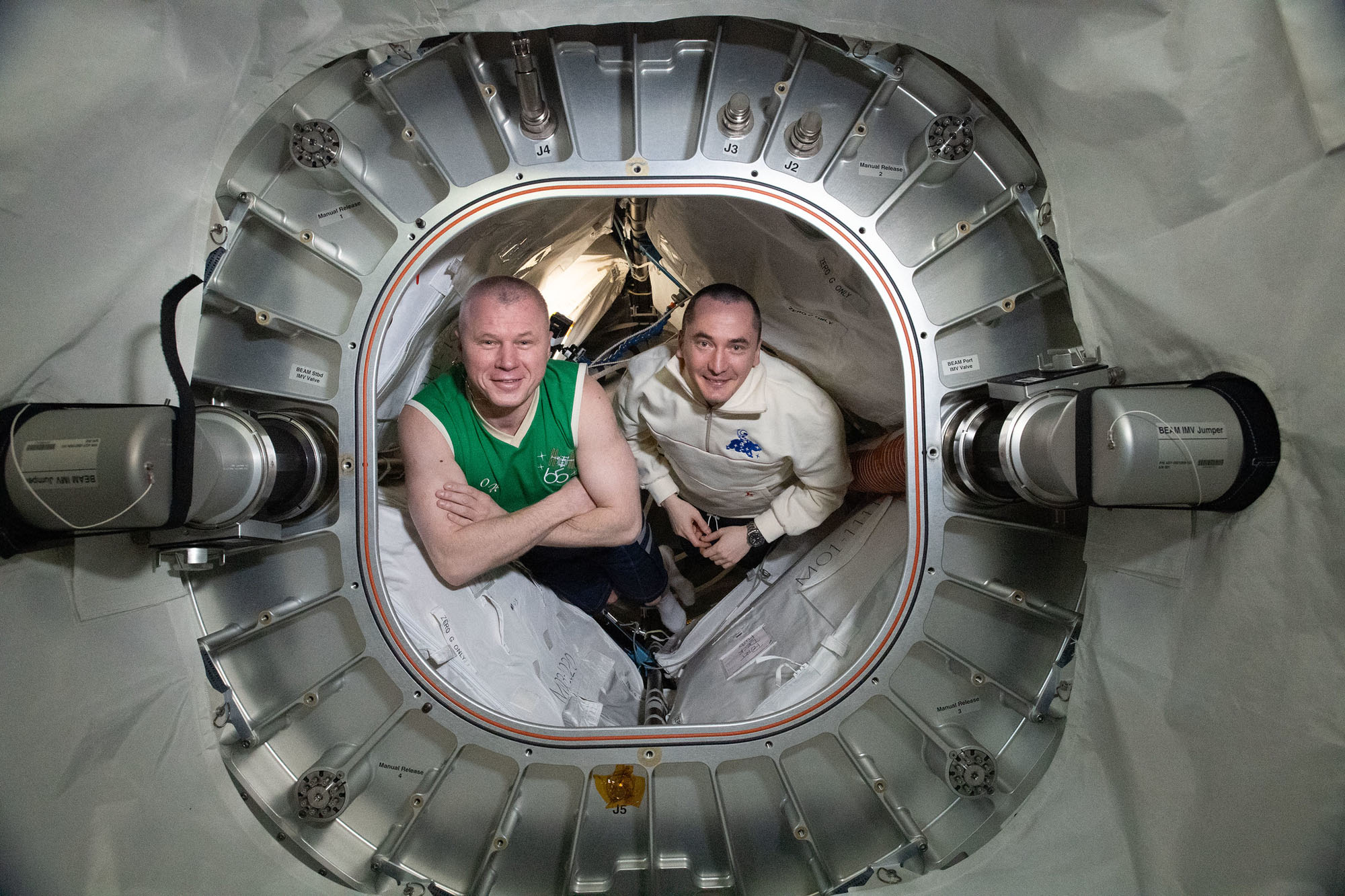
"The spacecraft was designed to provide room and facilities for experiments focused on material science and biotechnology," Russian space journalist Anatoly Zak said in a description of Nauka's capabilities on RussianSpaceWeb.com, adding that the module is "designed to provide a number of critical service systems to the Russian segment of the International Space Station."
If all goes to plan, Nauka will extend the science work done on the Kristall module of the Mir space station that the Soviet Union and later, Russia managed in the 1980s and 1990s, Zak said. In November 2020, Roscosmos space chief Dmitry Rogozin said the new module will include a multi-docking hub for the Russian segment of the ISS.

Notably, Roscosmos has discussed forming an independent space station with its newer ISS modules after the end of the international project, which is slated for 2024 with a possible extension to 2028.
Follow Elizabeth Howell on Twitter @howellspace. Follow us on Twitter @Spacedotcom and on Facebook.
Join our Space Forums to keep talking space on the latest missions, night sky and more! And if you have a news tip, correction or comment, let us know at: community@space.com.

Elizabeth Howell (she/her), Ph.D., was a staff writer in the spaceflight channel between 2022 and 2024 specializing in Canadian space news. She was contributing writer for Space.com for 10 years from 2012 to 2024. Elizabeth's reporting includes multiple exclusives with the White House, leading world coverage about a lost-and-found space tomato on the International Space Station, witnessing five human spaceflight launches on two continents, flying parabolic, working inside a spacesuit, and participating in a simulated Mars mission. Her latest book, "Why Am I Taller?" (ECW Press, 2022) is co-written with astronaut Dave Williams.



